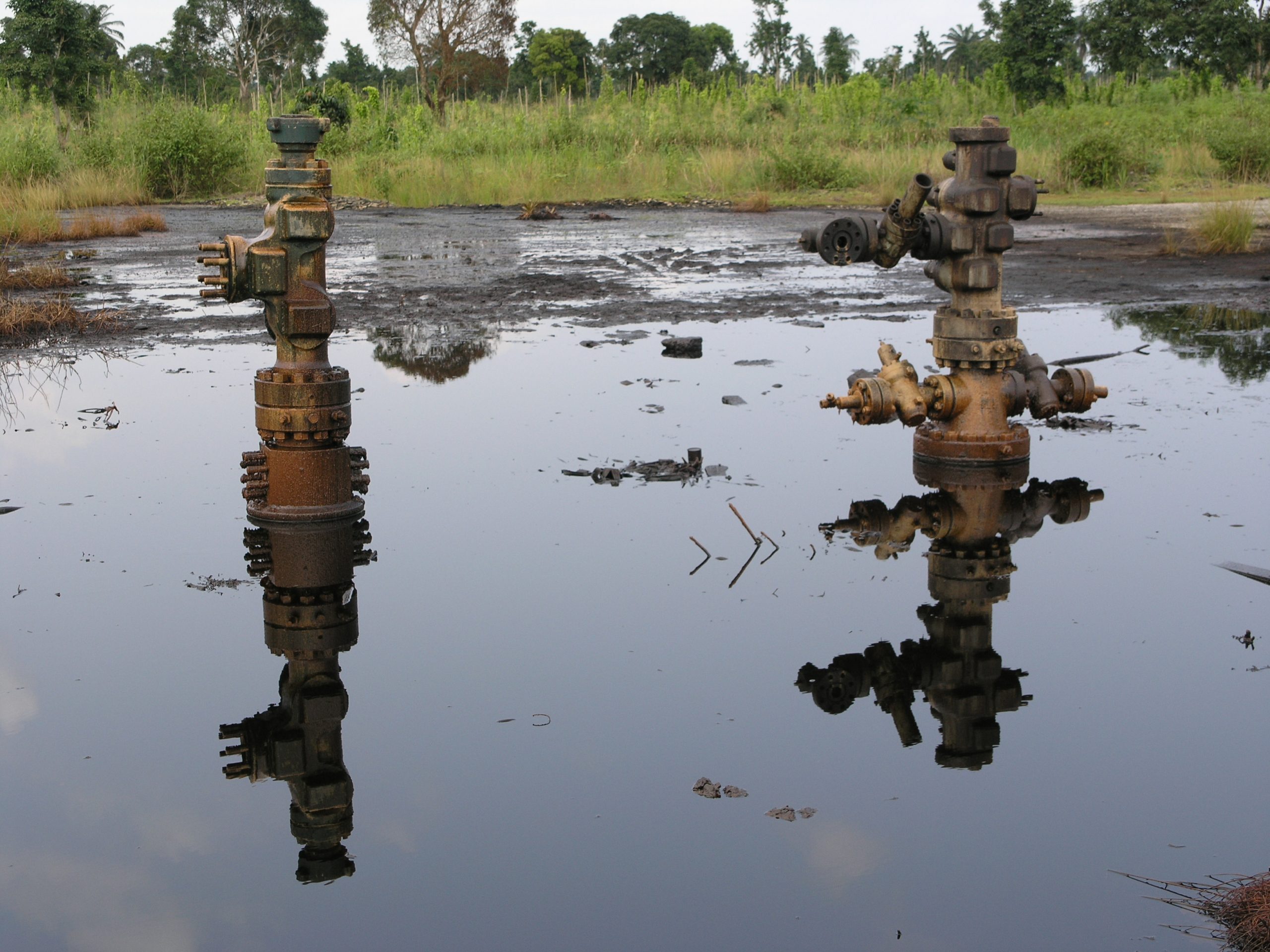Nigeria: Independent Figures Dispute UN’s Findings
 If a tobacco company gave the World Health Organisation a $10 million grant to examine the health effects of smoking, health campaigners would be outraged. They would also treat the results with great suspicion.
If a tobacco company gave the World Health Organisation a $10 million grant to examine the health effects of smoking, health campaigners would be outraged. They would also treat the results with great suspicion.
And the fact that Shell gave UNEP $10 million dollars to examine the cause of oil spills in Ogoni means that – for many people in the Delta – they do not believe the results, even before they are announced.
Now that it has been leaked that UNEP is going to conclude that 90 per cent of spills are from sabotage or bunkering, the news has rightly been met with outrage.
Shell is to blame for only ten percent. Or so they say…
The problem for both Shell and UNEP is that we have been here before. In the nineties, when Shell was under intense pressure for its ecological devastation of the Delta and complicity in human rights abuses, the company responded with an unprecedented PR campaign.
Part of that campaign was to convince people that oil was not the real villain in the Delta. Shell set up the Niger Delta Environment Survey that would “catalogue the physical and biological” diversity of the whole Delta.
Leaked minutes of a meeting between Shell and the contractor show that the purpose of a supposedly independent survey was that it “would solve the dual purpose of absolving themselves [Shell] of all responsibility” as well as addressing the concerns that not enough was being done to mitigate the impacts of oil and gas in the Delta.
The NDES lost all its credibility when the respected academic Claide Ake resigned after the murder of Ken Saro-Wiwa, arguing that the NDES was “too late” and “does not represent a change of heart”. Ake also complained that the oil companies like Shell were not doing more to respond to the complaints of the communities.
And one of those complaints is pollution. This blog is far too short to go into the long list of evidence of pollution in the Niger Delta.
But it is suffice to say that chronic pollution by Shell’s operations is a complaint that has gone on for decades.
Yes, sabotage and bunkering do occur and yes, bunkering has got much, much worse, but to suggest that Shell is only responsible for 10 per cent of the spills seems to many observers just not credible.
The problem is getting reliable and independent data.
One data set does exist, which I should stress is just one data set. It is old in that it covers a period from 1982-1992, but that is ten years out of the fifty or so years that UNEP looked at. The data set also covers the whole of the Niger Delta, not just Ogoni. The data is from the Oil Spill Intelligence Report. It also covers spills over 10,000 gallons – so only large spills. So there are lots of caveats to the data, but what it does do is that it gives the causes of the spills.
What the data show is that 27 out of Shell’s 67 spills worldwide were in Nigeria during that ten year period. Of these 27 incidences – that spilt 1.6 million gallons – only 4 were due to sabotage.
So that means some 15 per cent was due to sabotage and 85 per cent was due to Shell.
I know there are limitations to the data – but this snapshot disputes the UNEP findings.
And in the words of one ex-Shell employee, who was head of environmental studies in Nigeria for Shell for two years: “Any Shell site I saw was polluted, any terminal that I saw was polluted. It was clear to me that Shell was devastating the area”.
The trouble for UNEP is that its report seems to have lost credibility, even before it is published.
And we know there are senior UNEP insiders who were worried about taking Shell’s corporate shilling for that very reason.
Because it now looks like UNEP has fallen victim to Shell’s PR campaign to convince people it was never to blame for the pollution, despite all the evidence to the contrary…
